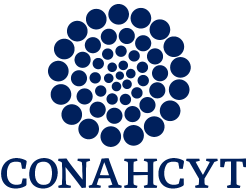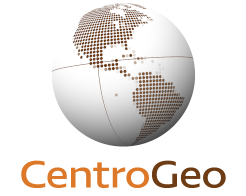Determinants of livelihood diversification: The case wildlife tourism in four coastal communities in Oaxaca, Mexico
Diversification is a process by which households increase the number of economic activities in different sectors to improve their well-being and chance of survival. The aim of this research is to study the determinants of livelihood diversification with a specific emphasis on wildlife watching in the coastal communities of Oaxaca, Mexico. Based on household surveys, two econometric models were used to examine the differences regarding the asset determinants for those households increasing the number of economic activities and those involved in wildlife tourism. The results reveal four common variables distributed between capitals and specify that average household age, environmental consciousness, characteristics of the land, membership or participation in an organization (cooperative) and government transfers are determinants of a household's diversification into wildlife tourism. Policy recommendations include focusing on households with young people, providing support for social capital and policy coherence to guarantee basic needs and tourism planning design.
Documento disponible aquí
Más Vistos
- Who participates in conservation initiatives? Case studies in six rural...
- Regular Activity Patterns in Spatio-Temporal Events Databases: Multi-Scale...
- A case study of spanish text transformations for twitter sentiment analysis
- Dual-plane slightly off-axis digital holography based on a single cube beam...
- Evolutionary approach for detection of buried remains using hyperspectral images
Más Recientes
- Mayasoundex: A Phonetically Grounded Algorithm for Information Retrieval in the...
- Incorporating Natural Language Processing models in Mexico City's 311 Locatel
- The Geopolitical Repercussions of US Anti-immigrant Rhetoric on Mexican Online...
- Automation of Topic Generation in Government Information Requests in Mexico
- La incidencia de las voces misóginas sobre el espacio digital en México



